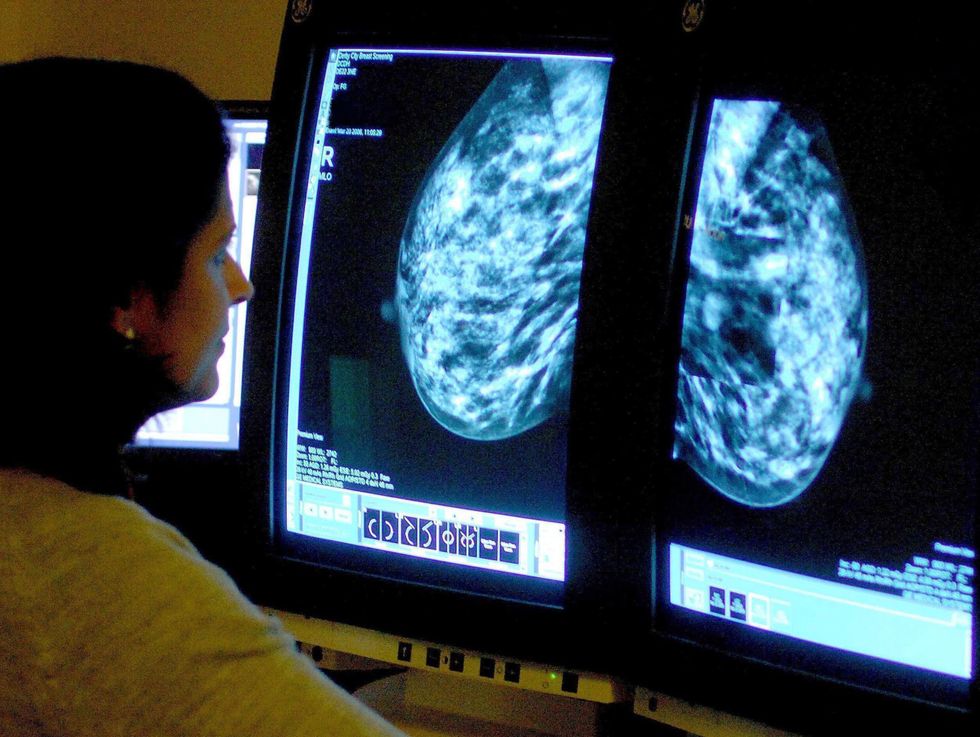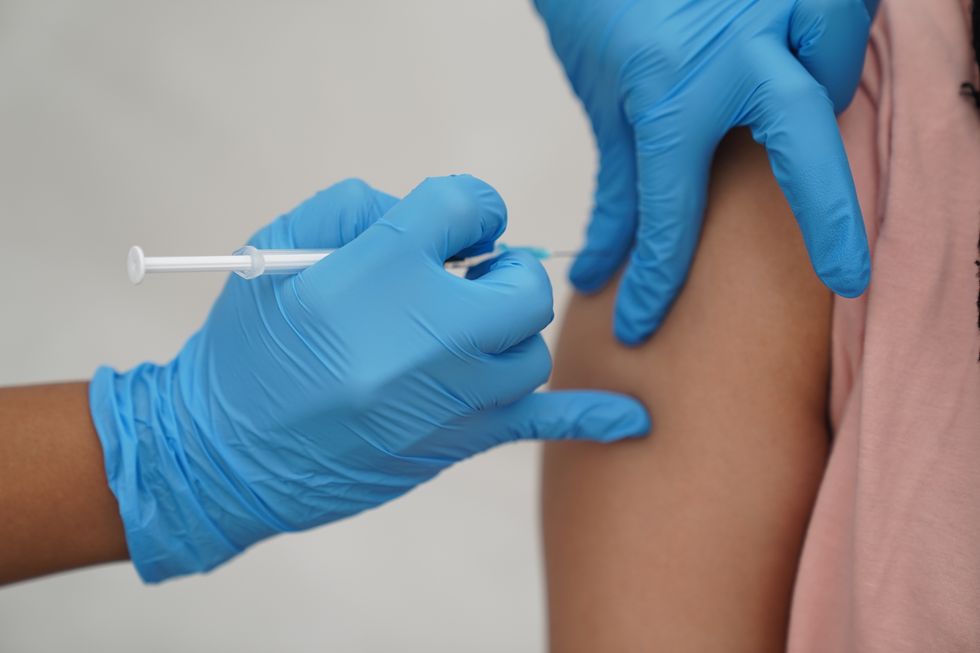Don't Miss
Most Read
Trending on GB News
Hundreds of breast cancer patients may have “fallen through the cracks” as new statistics reveal decline in diagnosis in 2020 due to Covid-19 pandemic.
Official data released by Public Health Scotland (PHS) showed that 4,235 women were diagnosed with breast cancer in Scotland in 2020.
However, this is a 15.6% drop from the previous year when there were 5,021 cases and a 18.6% fall from 2018 when there were 5,206 cases.
Breast cancer screening services were paused from March 30 to August 3 in 2020 and this suggested to be the reason for the significant decrease in diagnoses.
Jackie Baillie, Scottish Labour health spokeswoman, called on the Scottish Government to act before “lives were lost”.
She said: “The figures are clear: thousands of Scots are falling through the cracks and going without vital operations and diagnoses.
Rui Vieira
“It does not have to be this way. Staff are working all day and night but are not being properly supported by the SNP Government.
“The fact of the matter is that the SNP’s so-called NHS recovery plan isn’t worth the paper it is written on.
“The time for platitudes and apologies is over. Humza Yousaf must wake up to the crisis before him and act before lives are lost.”
In Scotland in 2020, the target was met for eight of the 16 quality performance indicators, though pandemic restrictions have affected performance against the immediate reconstruction at the time of a mastectomy.
Some targets, such as for adjuvant chemotherapy, have proved challenging to achieve consistently over the three years.
EMBARGOED TO 2330 TUESDAY JANUARY 26 File photo dated 31/07/21 of a person receiving a Covid-19 jab, as researchers have recommended a fourth vaccine for people with blood cancer.
Kirsty O'Connor
The statistics, however, show that targets to minimise hospital stays for patients undergoing mastectomies, genomic testing and radiotherapy for breast conservation in older adults, had been met for the first time in 2020.
A Scottish Government spokesman said: “The results show that, overall, the quality of breast cancer services across Scotland is meeting the target in many areas of care.
“It is particularly encouraging to see that several indicators achieved the target for the first time in 2020.
“However, some challenges remain, particularly around some of the targets which have proved challenging to achieve consistently over the three years.
“It is important to note that this period of reporting has been heavily impacted by the pandemic.
“While cancer has remained a priority throughout the pandemic, individual treatment plans may have changed in order to minimise their individual risk to Covid-19.
“This was only ever done where the change in treatment was deemed safe and was done in discussion with the patient.
“This could have an impact on some of the (targets) which were not met, including access to adjuvant chemotherapy.
“While the NHS remains under pressure as a result of Covid-19, we continue to prioritise our cancer services and our NHS Recovery Plan, backed by over £1 billion of investment, sets out our plans for health and care over the next five years.
“This builds on our £114.5 million National Cancer Plan, which has already increased support for cancer services across our NHS.”












